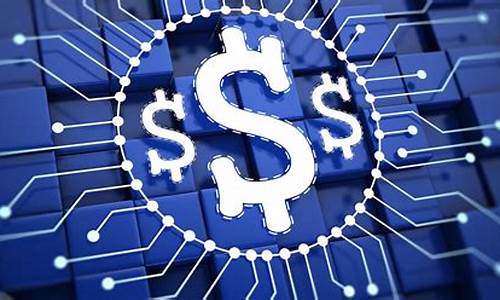Digital currency, also known as cryptocurrency, is a type of virtual currency that uses cryptography for security and operates independently of central banks. The concept of digital currency has been around for several decades, but it was not until the emergence of Bitcoin in 2009 that it gained widespread attention and recognition.
The内涵 of digital currency can be broadly defined as a decentralized form of currency that uses advanced encryption techniques to ensure secure transactions and prevent fraud. Unlike traditional currencies, which are controlled by governments and financial institutions, digital currencies operate on a blockchain network, which is a decentralized public ledger that records all transactions made using the currency.
One of the key features of digital currency is its ability to enable peer-to-peer transactions without the need for intermediaries such as banks or payment processors. This means that users can send and receive funds instantly and at a lower cost than traditional methods. Additionally, digital currencies offer greater privacy and anonymity compared to traditional currencies, as users can make transactions anonymously without revealing their personal information.
Another important aspect of digital currency is its use of smart contracts, which are self-executing contracts with the terms of the agreement directly written into code. Smart contracts allow for automatic execution of payments when certain conditions are met, reducing the need for intermediaries and streamlining the process of conducting business.
Despite its many benefits, digital currency is still a relatively new and evolving technology, and there are some challenges that must be overcome before it becomes widely adopted. These include issues related to regulation, scalability, and security. However, as more businesses and individuals begin to recognize the potential of digital currency, it is likely that we will see continued growth and development in this exciting field.












还没有评论,来说两句吧...